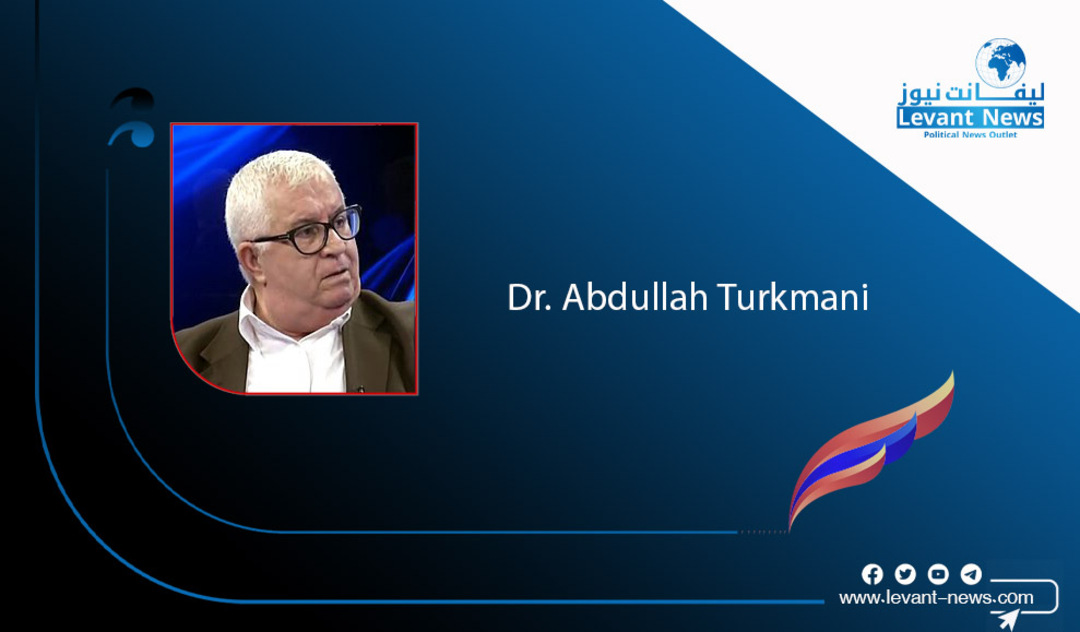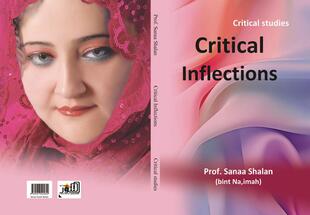-
How to Address National and Sectarian Rights in the New Syria?

The Syrian people consist of numerous national and sectarian components, which necessitates constitutional acknowledgment of the cultural rights of all these groups. This diversity is among the issues that must be recognized to find solutions, especially after the previous regime’s 54-year-long efforts to exploit these divisions to maintain its grip on power and perpetuate its rule, by stripping Syrians of their citizenship and turning them into subjects.
Furthermore, the fourteen years of revolution have revealed the fragmentation of the national fabric, emphasizing the need to transition into a legal environment in the new Syria that guarantees rights for all components of the Syrian people. This entails rebuilding the Syrian state based on constitutional legitimacy and societal consensus, rooted in democracy and human rights, with recognition of multiculturalism and sectarian diversity, and fostering interaction among all components to serve liberty, progress, civil peace, and peaceful coexistence.
The final statement of the "Unity of Kurdish Position and Front" conference, which calls for decentralization without specifying its content—whether political or administrative, whether on a geographic or ethnic basis—indicates that there is a crisis of national components threatening the foundations of peaceful coexistence and the prospects for maintaining Syrian land unity, even obstructing the emergence of a unified Syrian identity. In this context, it is not new to assert that the Kurdish issue is one of the most problematic aspects of the overall Syrian identity. This stems from the previous regime’s propaganda that Kurdish existence in Syria is temporary, claiming most Kurds arrived from Turkey and settled in northeastern Syria.
This perception has led to a misguided political view that Kurds are alien to the Syrian fabric, exemplified by the deprivation of tens of thousands of Kurds from Syrian citizenship. Thus, the concept of “Kurdish independence phobia” has prevailed: whenever a Syrian Kurd demands even the slightest rights, they are accused of secessionism and deemed to seek splitting the country or seizing part of it. Undoubtedly, linking the Kurdish issue with political decentralization aims to further confuse the situation and complicate the Syrian crisis.
Since concepts are products of a social reality characterized by diversity, the question in the Syrian context remains: Can we talk about the right to self-determination for the components of the Syrian people spread across several provinces with no geographic continuity between their areas? Especially considering the collision of two fundamental reference principles in modern political thought—based on international law (UN General Assembly Resolution 2625 of November 24, 1970), which grants the right to self-determination to peoples, not to ethnic or sectarian groups within a country—aiming to maintain regional unity within recognized borders. If all components demand separation based on their history and culture, this would mean the disintegration of existing states.
Diversity within a state entails two possibilities: first, an opportunity for cultural richness that contributes to progress and prosperity; second, a source of tension and conflict, weakening the state and making it prone to explosion and division. Here, the manner of leading the transitional phase—how to manage the state—is a key factor in favoring one possibility over the other. A leadership that aims to protect diversity within the framework of unity and guarantees individual freedoms, public rights, and equality before the law can turn diversity into a strength, utilizing the potentials of all components for development, progress, and prosperity.
Thus, the national and sectarian rights of Syria's components are rooted in the fundamental principles outlined in the Universal Declaration of Human Rights: "Recognition of the inherent dignity and equal rights of all members of the human family." Protecting these rights depends on establishing a state of law and justice.
The matter remains linked to its practices, as exclusion and political and social discrimination—based on nationalist and sectarian mobilization—such as what happened with our Alawite brothers in the coast and the Druze in Jaramana and Saydnaya, pave the way for internal conflicts. Conversely, positive behavior by the authorities toward all citizens can be an asset that enriches and advances the state and society as a whole.
In this way, the national and sectarian rights of Syria’s components are based on the core principles of the Universal Declaration of Human Rights: "Recognition of the inherent dignity and equal rights of all members of the human family," and the guarantee of these rights lies in establishing a state of law and justice. Based on these rights, the transitional phase in Syria must recognize diversity among its components, ensure their rights according to the international human rights standards, and respect their cultural rights, anchored in the following foundations:
The Syrian national bond, forged through a shared historical experience over more than a century, reinforced by the struggle for national independence and joint efforts to build a modern nation-state, and the collective fight against authoritarian regimes, allows viewing Syrians as one people, maintaining the unity of the land through equal citizenship rights and duties, supporting reconstruction, and preventing internal conflict, while securing the cohesion of Syrians regardless of their ethnicity and affiliations.
Abdullah Turkmani
You May Also Like
Popular Posts
Caricature
BENEFIT Sponsors BuildHer...
- April 23, 2025
BENEFIT, the Kingdom’s innovator and leading company in Fintech and electronic financial transactions service, has sponsored the BuildHer CityHack 2025 Hackathon, a two-day event spearheaded by the College of Engineering and Technology at the Royal University for Women (RUW).
Aimed at secondary school students, the event brought together a distinguished group of academic professionals and technology experts to mentor and inspire young participants.
More than 100 high school students from across the Kingdom of Bahrain took part in the hackathon, which featured an intensive programme of training workshops and hands-on sessions. These activities were tailored to enhance participants’ critical thinking, collaborative problem-solving, and team-building capabilities, while also encouraging the development of practical and sustainable solutions to contemporary challenges using modern technological tools.
BENEFIT’s Chief Executive Mr. Abdulwahed AlJanahi, commented: “Our support for this educational hackathon reflects our long-term strategic vision to nurture the talents of emerging national youth and empower the next generation of accomplished female leaders in technology. By fostering creativity and innovation, we aim to contribute meaningfully to Bahrain’s comprehensive development goals and align with the aspirations outlined in the Kingdom’s Vision 2030—an ambition in which BENEFIT plays a central role.”
Professor Riyadh Yousif Hamzah, President of the Royal University for Women, commented: “This initiative reflects our commitment to advancing women in STEM fields. We're cultivating a generation of creative, solution-driven female leaders who will drive national development. Our partnership with BENEFIT exemplifies the powerful synergy between academia and private sector in supporting educational innovation.”
Hanan Abdulla Hasan, Senior Manager, PR & Communication at BENEFIT, said: “We are honoured to collaborate with RUW in supporting this remarkable technology-focused event. It highlights our commitment to social responsibility, and our ongoing efforts to enhance the digital and innovation capabilities of young Bahraini women and foster their ability to harness technological tools in the service of a smarter, more sustainable future.”
For his part, Dr. Humam ElAgha, Acting Dean of the College of Engineering and Technology at the University, said: “BuildHer CityHack 2025 embodies our hands-on approach to education. By tackling real-world problems through creative thinking and sustainable solutions, we're preparing women to thrive in the knowledge economy – a cornerstone of the University's vision.”
opinion
Report
ads
Newsletter
Subscribe to our mailing list to get the new updates!





















